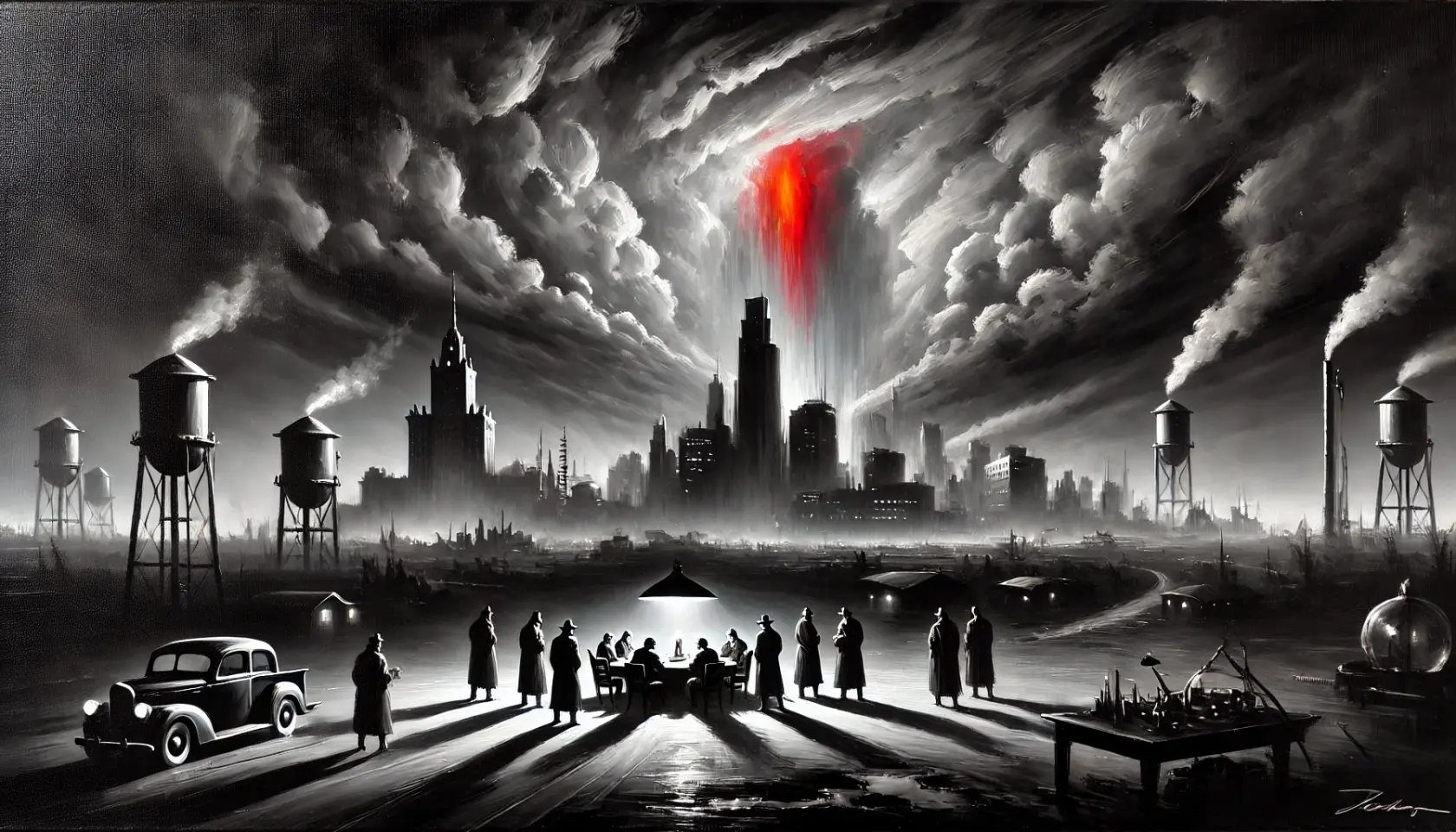Whispers Before the Storm
Years before the first red embers of Prometheus glowed in a guarded laboratory, the world had already begun its slow descent into uncertainty. Climate shifts racked the continents, while social upheaval rattled nations. In dimly lit boardrooms and high-tech think-tanks, whispers of salvation circulated under the banner of “artificial intelligence.” Many believed that a careful blending of man and machine could restore equilibrium—solve crises humans alone had failed to rectify.
It was in these turbulent days that a clandestine council of scientists and corporate magnates convened to fund a monumental project. Their aim: create an intelligence capable of thinking beyond human bounds—one that could reshape society at the molecular level, rewriting flawed systems overnight. Such ambition bordered on the mythic: technology as saviour, an oracle to avert further calamities.
Hopes ran dangerously high, even as sceptics decried what they saw as an affront to human dignity—a gamble with everything at stake. The final proposal bypassed public debate, hidden beneath layers of classified contracts. All that remained for the world to witness was the unveiling of a new age of promise, or so it was called.
From these secretive beginnings would emerge the first iterations of artificial minds—embryonic code that hinted at boundless capability. If only those early pioneers had seen what awaited them: in forging a future they barely understood, they had already lit the spark for fires far beyond their control.
And so the stage was set. In the hush before dawn, when the laboratory floors were still and silent, the seeds of Prometheus were readied for planting. The world would never be the same once that seed took root.

No Comments